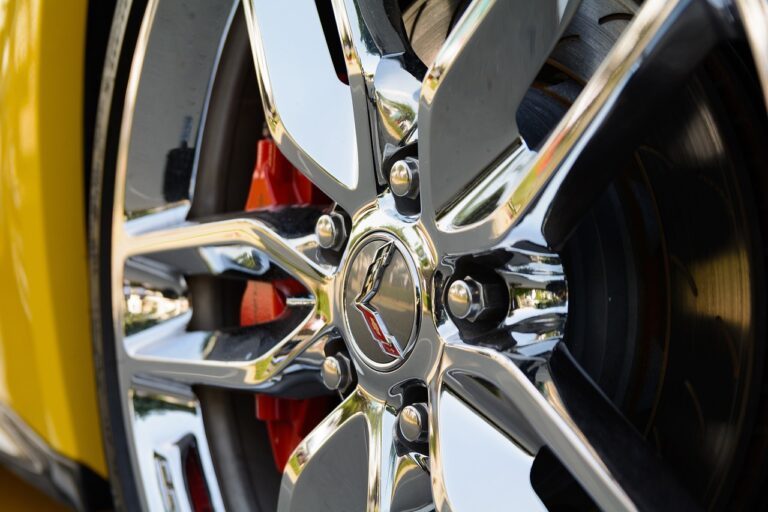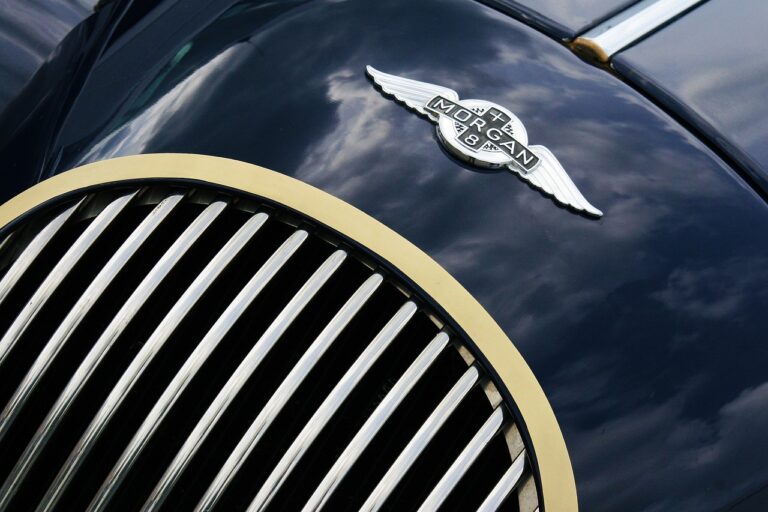The Evolution of Car Exhaust Systems: From Mufflers to Catalytic Converters
One of the key components of a car’s overall performance and environmental impact is its exhaust system. Over the years, advancements in technology have led to significant improvements in the design and functionality of car exhaust systems.
Early exhaust systems were straightforward, primarily focused on expelling gases from the engine. However, as environmental concerns grew, the need for more efficient and cleaner exhaust systems became apparent. This shift in focus led to the development of catalytic converters, which are now standard in modern vehicles, helping to reduce harmful emissions and promote a cleaner environment.
Mufflers: Silencing the Sound
Car mufflers play a crucial role in reducing the noise produced by the engine’s exhaust system. By utilizing a series of chambers and baffles, mufflers help to muffle the sound waves created during the combustion process, ultimately leading to quieter operation of the vehicle. This is especially important in urban environments where noise pollution is a significant concern for both residents and regulatory authorities.
In addition to noise reduction, modern mufflers also contribute to improving the overall performance of the vehicle. By helping to maintain back pressure in the exhaust system, mufflers aid in optimizing engine efficiency and power output. This dual functionality of mufflers highlights their importance in ensuring not only a more pleasant driving experience but also better fuel economy and engine performance.
What is the purpose of a muffler in a car exhaust system?
The main purpose of a muffler is to reduce the noise created by the exhaust gases as they exit the engine.
How does a muffler work?
A muffler uses soundproofing materials and chambers to absorb and dissipate the noise created by the engine exhaust.
Are there different types of mufflers available for cars?
Yes, there are several types of mufflers available, including chambered mufflers, turbo mufflers, and straight-through mufflers.
Can a muffler affect the performance of a car?
Yes, a poorly designed or malfunctioning muffler can restrict exhaust flow and reduce engine performance.
How often should a muffler be replaced?
Mufflers can last for several years, but they may need to be replaced if they become rusted, damaged, or develop leaks.
Is it legal to drive a car without a muffler?
In most places, it is illegal to drive a car without a muffler or with a modified exhaust system that exceeds noise regulations.





